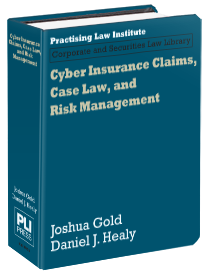Holtzschue on Real Estate Contracts and Closings is an invaluable resource for attorneys and general practitioners who handle real estate deals as well as an important reference for brokers, title insurers, and inspectors. It distills more than thirty years of transactional experience into one plain-English treatise that clearly explains governing law and customary industry practices. The book provides useful legal, technical, and strategic guidance and checklists for sellers’ and purchasers’ attorneys preparing them to execute dispute-free residential deals quickly and easily.
This new release offers the latest information crucial to your practice. Highlights include:
- Chapter 2, Drafting and Negotiating the Contract. New Tips on who is favored in decisions dealing with “as is” and caveat emptor (see section 2:2.11[A][1]), and mortgage commitment contingency (see section 2:3.1).
- Chapter 4, The Closing. Coverage of the New York Electronic Notarization Bill, effective June 20, 2022, which will allow notarial acts through a completely electronic format, referred to as Remote Online Notarization (RON) (see section 4:1); and the December 7, 2021 FinCEN Notice of Proposed Rulemaking which implements the federal Corporate Transparency Act’s beneficial ownership information (BOI) reporting provisions as to corporations, limited liability companies, or other entities (see section 4:2.4).
- New and updated cases and other authority throughout the text, including in the following important areas: Ethics and Professional Responsibility, [8] Attorney Escrow Accounts; easement for historic preservation (see section 2:2.7[D][7]); failed suits against title insurance companies (see section 2:2.7[E]); caveat emptor (see section 2:2.11[A]); and attorney approval clauses (see section 2:3.26[B]).
In addition, the Table of Authorities and Index have been updated to reflect the latest revisions.
Order a print copy today.
PLI PLUS subscribers can access this title through their subscription.
